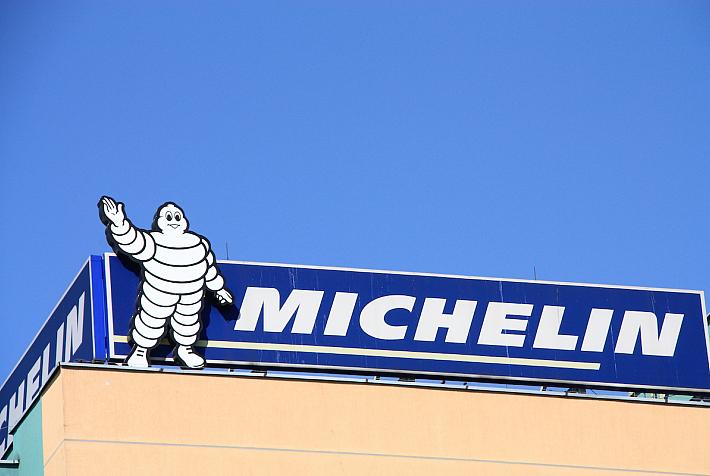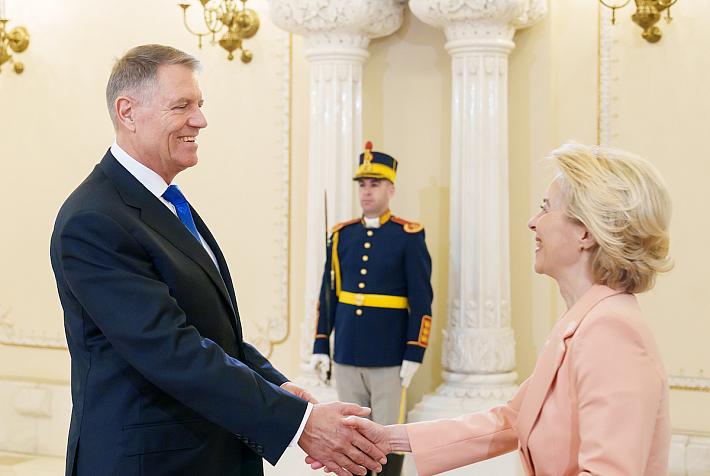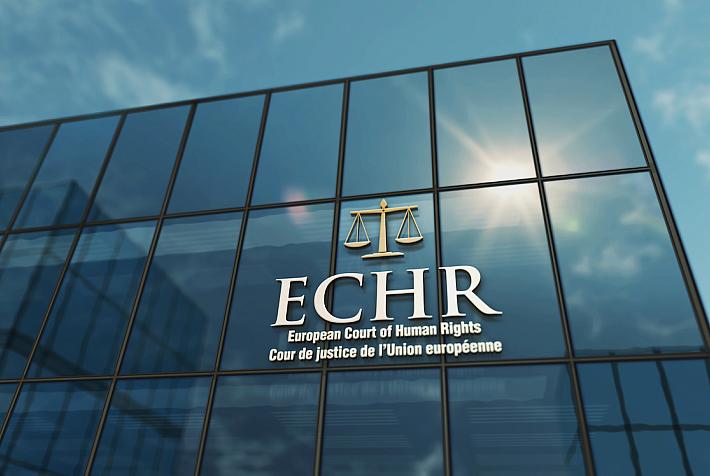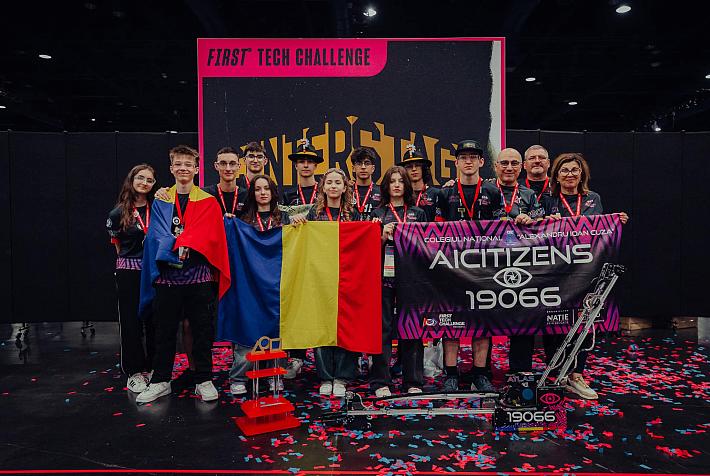(P) Verita International School - Empowering students to become responsible, educated and Independent
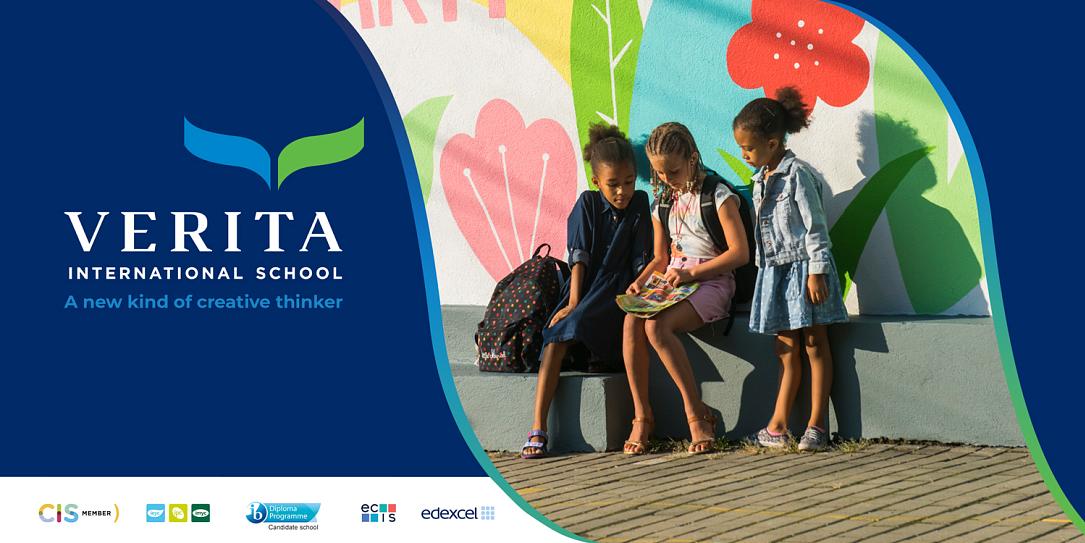
Established in 2013, Verita International School proposes a curriculum which allows every student to become self-directed, knowledgeable, self-aware and self-confident, in a collaborative, fun and friendly setting.
At Verita International School (Verita), the multinational teachers with diverse backgrounds focus not only on rigorous and internationally-recognized curricula, but also pay attention to the individual needs of each child. Moreover, the school engages students in various extra-curricular activities and events.
“Verita International School embraces people who share our mission and vision. The admission process does not discriminate on any basis. Our school encourages diversity and multiculturalism,” explains Verita School Director Damian Ward.
What truly sets Verita apart as a school, however, are the two main pillars on which it bases its approach to teaching: inquiry-based learning and social-emotional learning.
To Learn Means to Not Be Afraid to Ask Questions
Children are naturally inquisitive and encouraging curiosity is the foundation for one of the main pillars taught at Verita: inquiry-based learning (IBL). This concept starts with the idea that any student, at any age, understands and assimilates knowledge by asking questions. This is a proven form of active learning that is based on formulating questions and scenarios, rather than simply having teachers presenting facts.
“In year four, they study chocolate using this theme to explore all areas of learning. In geography, they look at the Equator and where the cocoas beans plants grow. They look at how the first hot chocolate was made in South America; they explore how the cocoa bean was a currency in Mexico. When they look at the global issues, they look at sustainability and fair-trade farming for different products,” explains the Principal of Primary, Mason McCormick.
The IBL approach continues in Secondary using the theme of the ‘Big Idea’ which links together the subject areas, which are taught by specialist teachers, This ‘Big Idea’ grounds the students learning and focuses their minds on a core theme of, for example, “Collaboration”.
Children Need to Understand Their Emotions
The second approach that anchors and solidifies the teaching methods of Verita International School is social-emotional learning (SEL). The concept of social-emotional learning has as the end-goal the integration of each student’s own learning process, social skills, strategy for well-being and resilience, in order to constructively understand their emotions and sense of self.
“Social-emotional learning is focusing on ‘soft skills’: from building resilience onto how to control your emotions. It came from the idea that we need to give our children a new operating system, on how to work, manage, and regulate their emotions, instead of hiding or ignoring them. We provide this system because understanding their emotions helps children strategize on how to manage them and therefore be happy long-term,” explains Verita International School Founder, Richard Joannides.
One School for Every Stage of Development
The Verita International School teaching platform was created to encompass all phases of a child’s educational needs. Since most students aspire to further their education overseas, Verita uses the National Curriculum of England & Wales and applied for the accreditation with the Council of International Schools (CIS), after being granted Member status in March 2020.
The school uses the International Schools Assessment (ISA) to compare students’ performance in Reading, Writing, and Mathematical Fluency, with that of international schools around the world.
Verita school is structured into three main stages that allow students a flawless transition between them:
-
The Early Years Foundation Stage (EYFS) applies to children from 2.5 to 5 years of age, where students learn by playing, exploring, actively participating and thinking critically.
-
The Primary School targets children aged 5 to 11 and focuses on inquiry and experiential learning.
-
Lastly, for students aged 11 to 18, the Secondary School further contributes to developing students academically, physically, socially, and emotionally, in order to be fully-prepared as young adults. As Secondary School Principal Rico Chow says, “Building positive relationships with students is at the forefront of educating teenagers - we are deeply committed to ensuring each student feels safe, included, engaged and supported.”
Verita offers the International GCSE through Pearson Edexcel, UK’s largest examination board, for Year 10 and 11 students. The school is pursuing authorization as an International Baccalaureate (IB) Diploma Program World School. This is a two-year curriculum designed for Year 12 and 13 students.
The Journey Continues
According to a recent survey conducted among students and parents, 92% of them are very satisfied with the school as a whole and students enjoy and feel safe coming to Verita every day. The school’s long-term strategy includes an expansion of the premises and the creation of a new campus in the Northern part of Bucharest. These state-of-the-art facilities will enable students to learn and become “engaged global citizens with an education that is the equivalent of an international educational passport,” in the words of the school’s founder.
(p) - This article is an advertorial.







